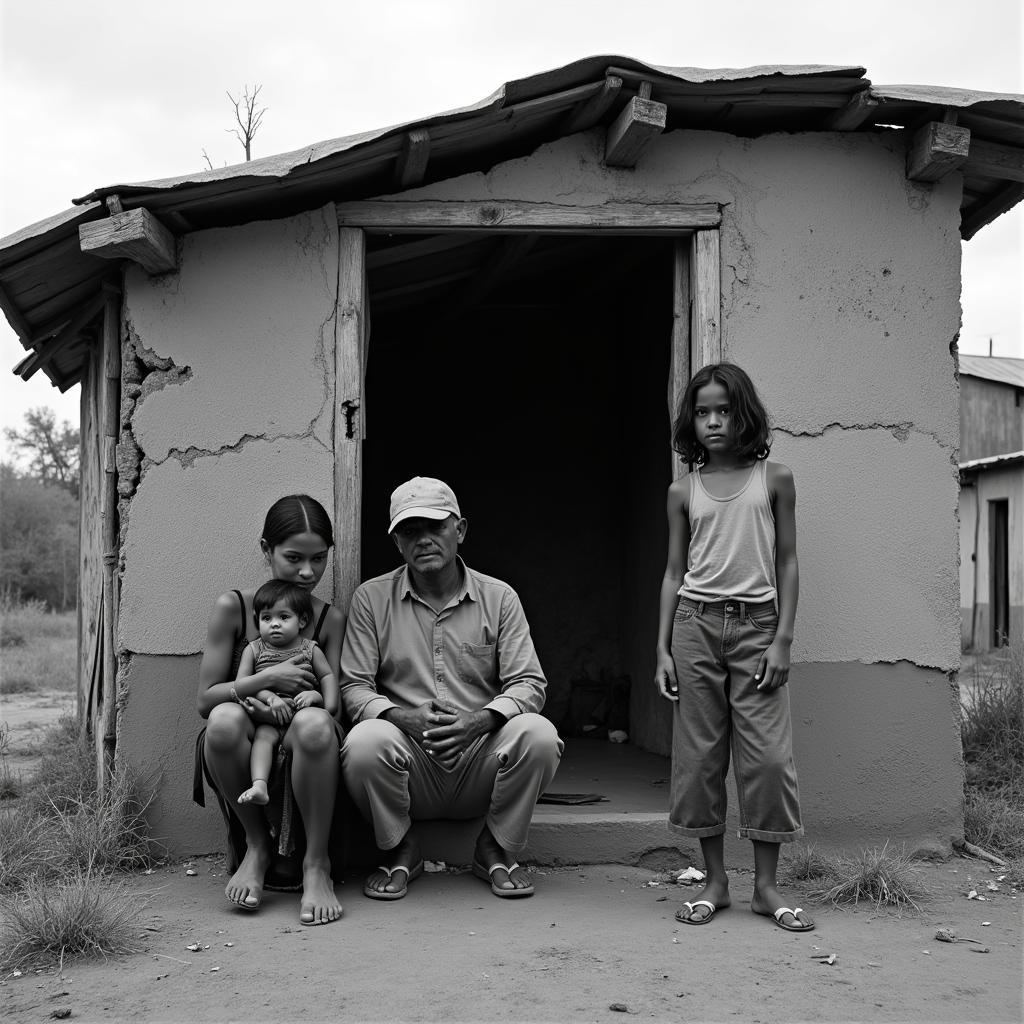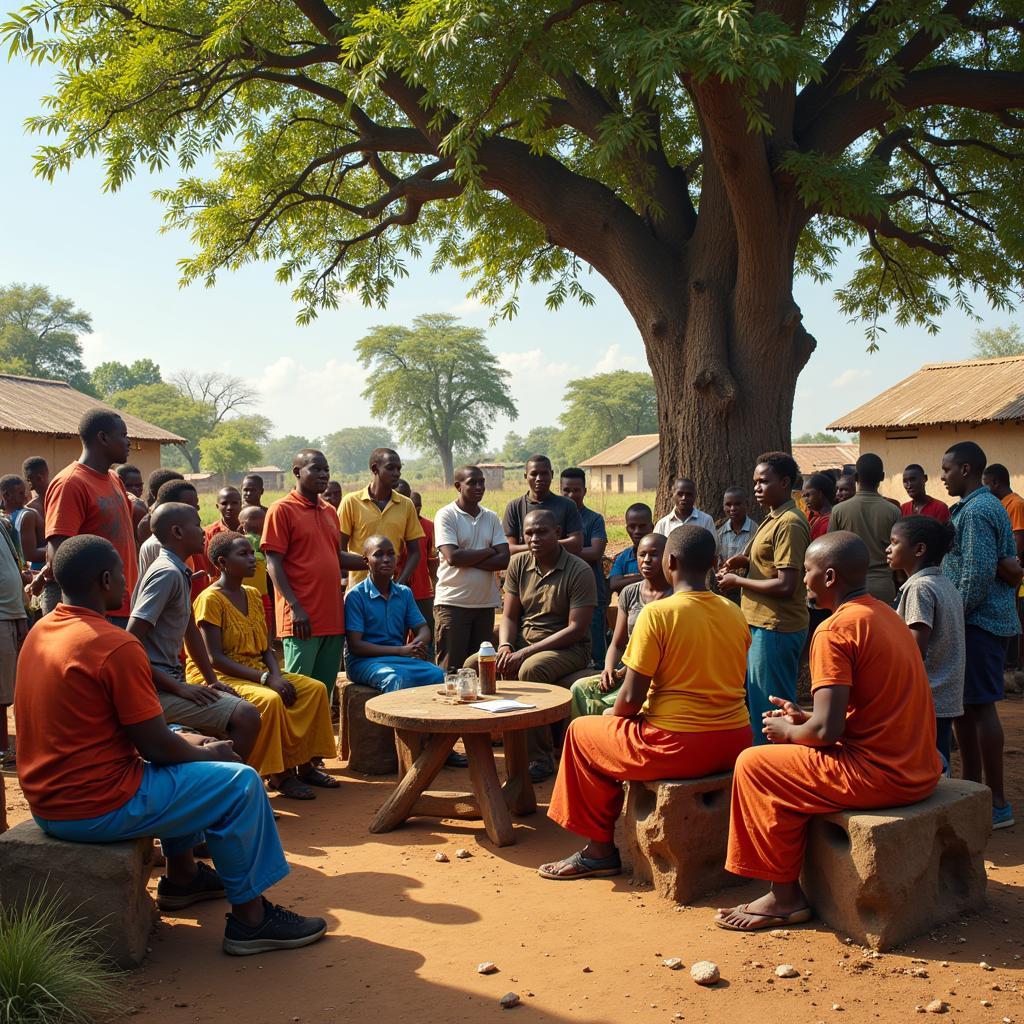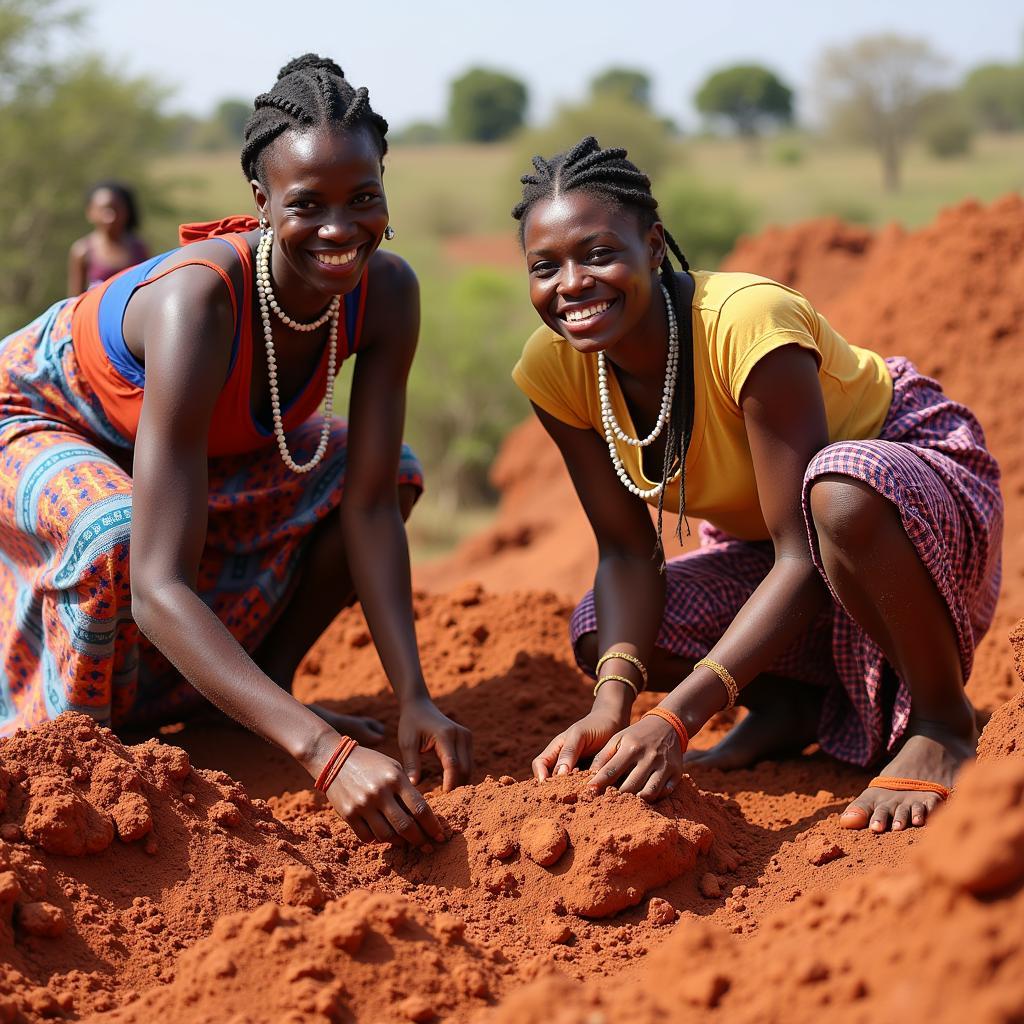The Taboo Topic of African Father Daughter Incest: Understanding the Cultural Context
In many African cultures, the topic of incest, particularly father-daughter incest, is a deeply ingrained taboo, shrouded in silence and shame. While statistically less prevalent than in other parts of the world, it remains a sensitive issue, often concealed due to societal pressures, fear of reprisal, and the potential for ostracization.
This article delves into the complexities surrounding this taboo, examining its cultural context, potential contributing factors, and the devastating impact it has on victims and communities.
The Weight of Cultural Norms and Silence
Across the diverse landscape of Africa, cultural norms play a significant role in shaping societal values and dictating acceptable behavior. Traditionally, family structures often prioritize patriarchal authority, placing fathers in positions of immense power and influence within the household. This power dynamic can, unfortunately, create an environment where abuse, including incestuous relationships, may occur.
Silence often permeates families and communities affected by incest. Victims, particularly young girls, may feel unable to speak out due to fear, shame, or a lack of trust in authority figures. Additionally, cultural beliefs surrounding family honor and reputation can further suppress disclosure, as families may prioritize concealing the abuse to avoid social stigma.
Potential Contributing Factors: Poverty, Lack of Education, and Traditional Beliefs
While it is crucial to avoid generalizations, certain socioeconomic factors can contribute to an increased risk of incest. Poverty, for example, can create desperation and vulnerability, potentially driving some individuals towards exploitative behaviors. Limited access to education, particularly sexual education, hinders awareness and understanding of healthy boundaries and relationships.
In some communities, traditional beliefs and practices may inadvertently perpetuate harmful practices. For instance, certain cultural rituals involving early marriage or the exchange of young girls for economic gain can create situations where power imbalances and abuse are more likely to occur.
 African Family Facing Poverty
African Family Facing Poverty
The Devastating Impact on Victims and Communities
The consequences of father-daughter incest are far-reaching and profoundly damaging. Victims often experience severe psychological trauma, including depression, anxiety, post-traumatic stress disorder (PTSD), and a pervasive sense of shame and guilt. These psychological scars can linger for years, impacting their self-esteem, relationships, and overall well-being.
Beyond the emotional turmoil, incest can have severe physical repercussions, including unwanted pregnancies, sexually transmitted infections (STIs), and reproductive health complications. In extreme cases, the abuse can escalate to physical violence and even murder.
 African Woman Seeking Counseling
African Woman Seeking Counseling
Breaking the Cycle: Education, Empowerment, and Support Systems
Addressing the issue of father-daughter incest in Africa necessitates a multifaceted approach that tackles the root causes while providing support and resources to victims.
Education: Comprehensive sexual education programs that emphasize healthy relationships, consent, and bodily autonomy are crucial in empowering young people to identify and report abuse.
Empowerment: Creating safe spaces for victims to share their experiences without fear of judgment or reprisal is paramount. Counseling services, support groups, and access to legal aid can empower survivors to seek justice and begin the healing process.
Community Engagement: Engaging traditional leaders, religious figures, and community elders in raising awareness and challenging harmful norms is essential.
Dr. Abena Osei, a renowned sociologist specializing in African family dynamics, emphasizes the importance of community-based interventions:
“We must move beyond the culture of silence and create environments where open dialogue about these sensitive issues is encouraged. By empowering individuals, families, and communities with knowledge and support, we can break the cycle of abuse and create a safer future for all.”
 African Community Gathering
African Community Gathering
Conclusion: Moving Towards Healing and Prevention
The issue of father-daughter incest in Africa is complex and deeply rooted in cultural, social, and economic factors. By acknowledging its existence, fostering open dialogue, and implementing comprehensive prevention and support mechanisms, we can begin to dismantle the structures that allow this abuse to persist. Creating a future free from sexual violence requires a collective effort to empower individuals, challenge harmful norms, and ensure that all members of society feel safe, respected, and protected.


